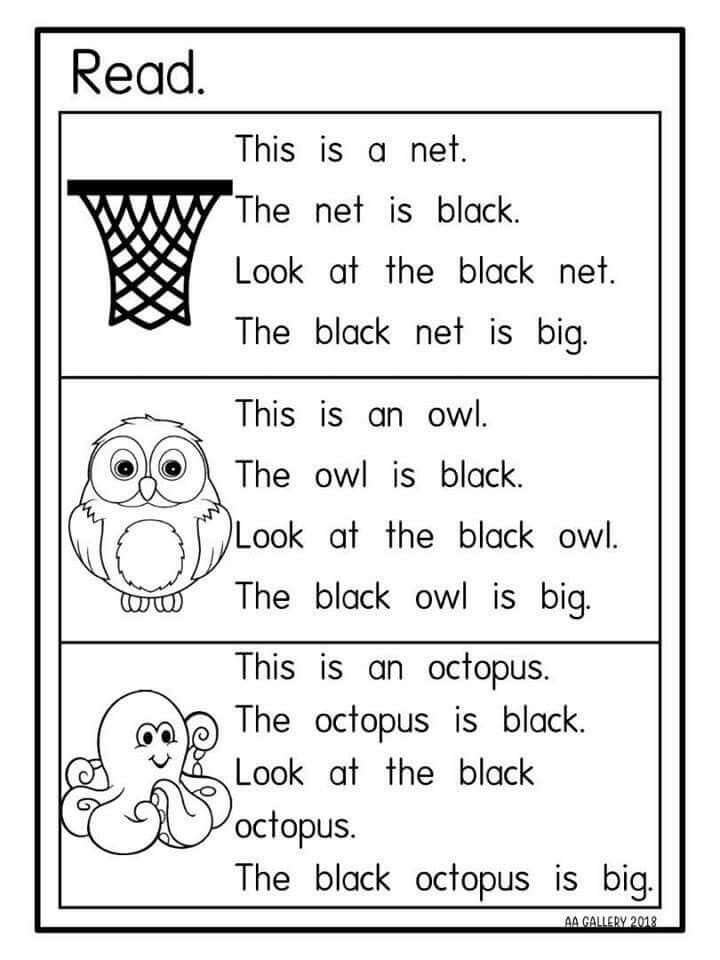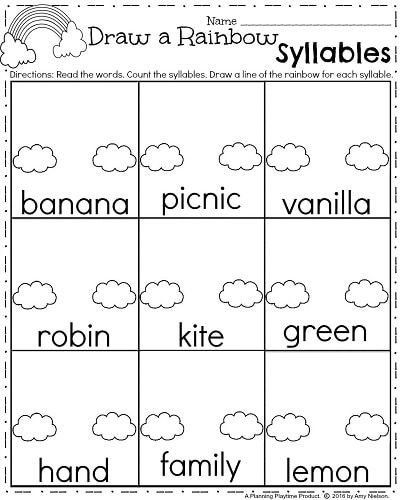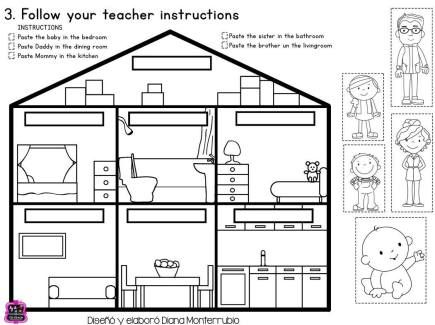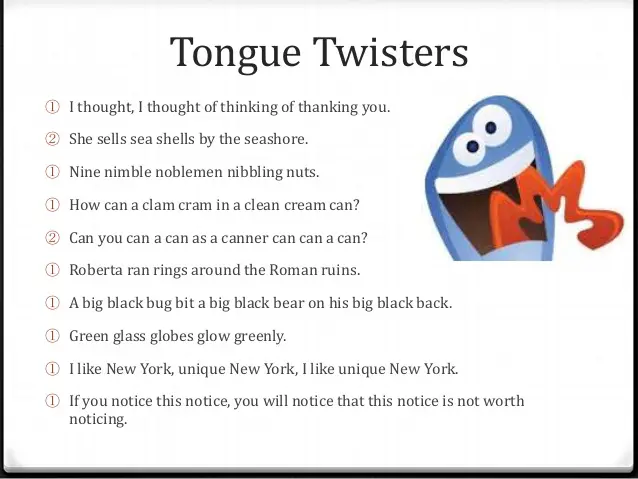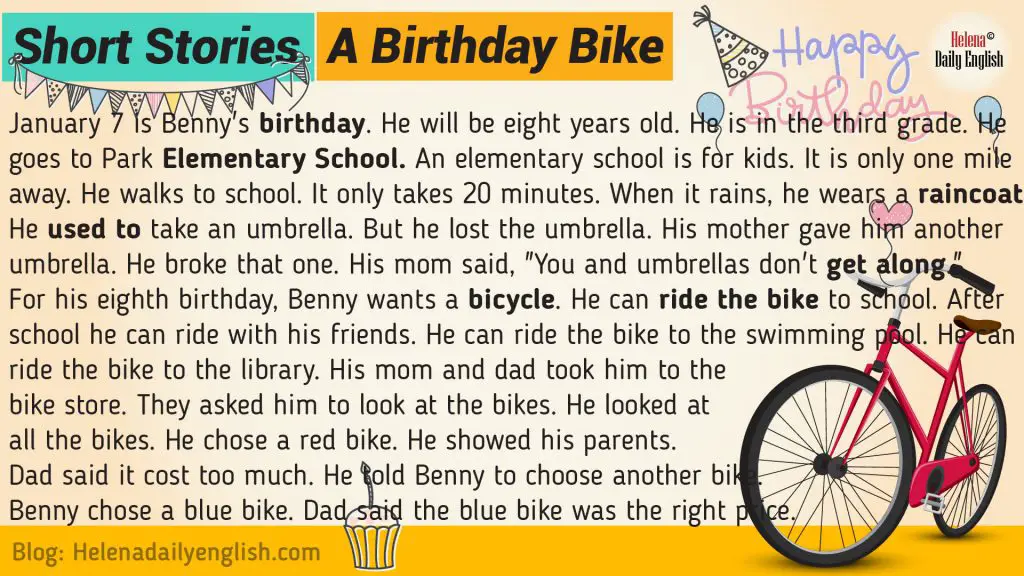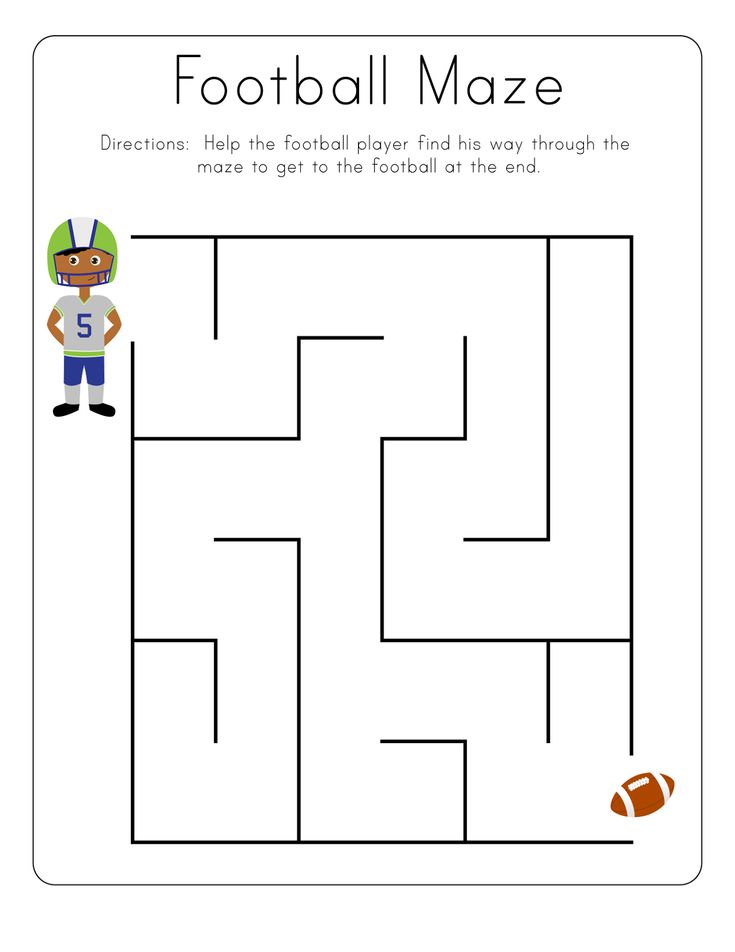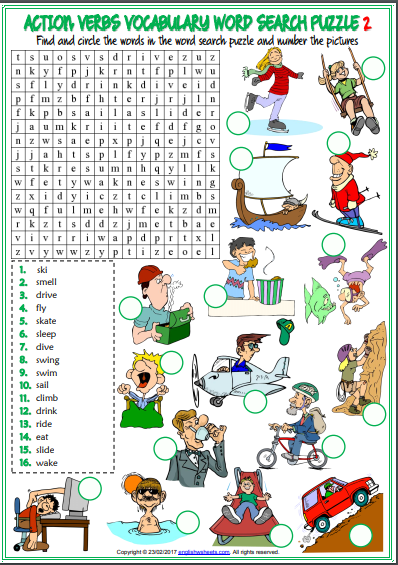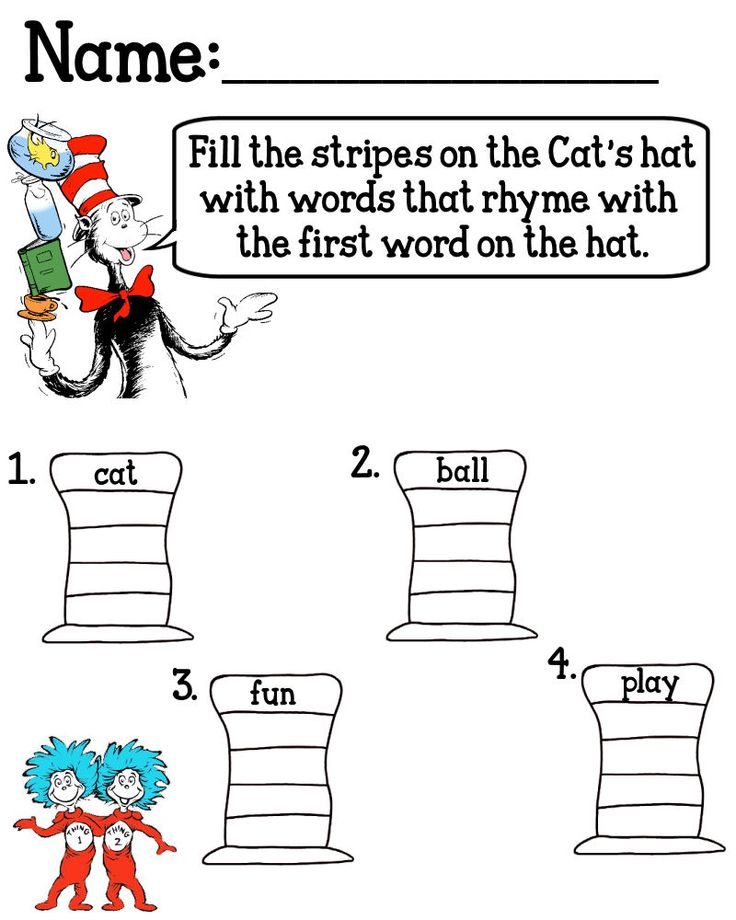Kindergarten milestones checklist
8 Developmental Milestones Your Child Should Achieve Before Kindergarten
Going to kindergarten is a big deal. Whether your child has experienced school for years at this point or will be entering the school setting for the first time, it marks a major transition. If your child is nearing kindergarten age, it’s important to determine if they’re ready, or if they might benefit from waiting another year.
To help you figure out whether your child is ready for kindergarten, we’ve gathered together eight developmental milestones children ought to achieve before they take the next step in their education. As you read through them, keep in mind that while most children hit certain milestones at roughly the same developmental rate, each individual child will reach some milestones earlier and some later. Take note of where your child excels, and where they can use a little extra guidance.
8 Developmental Milestones Your Child Should Achieve Before Kindergarten
When your child is on the verge of entering kindergarten, they should be able to:
1.
For children to thrive in school, they need to have some mastery of speaking (or have an alternative form of communication such as sign language.) Children who are effective communicators feel more confident speaking up in school, which helps teachers better understand when they understand a concept, and determine when that child needs more guidance. Communication skills also help children socially, giving them stronger connections with their peers and helping them become a part of the school’s learning community.
If your child is approaching kindergarten and has trouble forming sounds or words, seems confused when directions are given, doesn’t ask questions like other children their age or otherwise seems delayed, don’t panic. According to the American Speech-Language-Hearing Association, preschool language disorders are fairly common. Just make sure you talk to a speech therapist for advice on how to help your child get back on track.
2. Understand Questions
Questions form such a backbone of teaching during the inquiry based learning process and are critical to helping fuel creativity.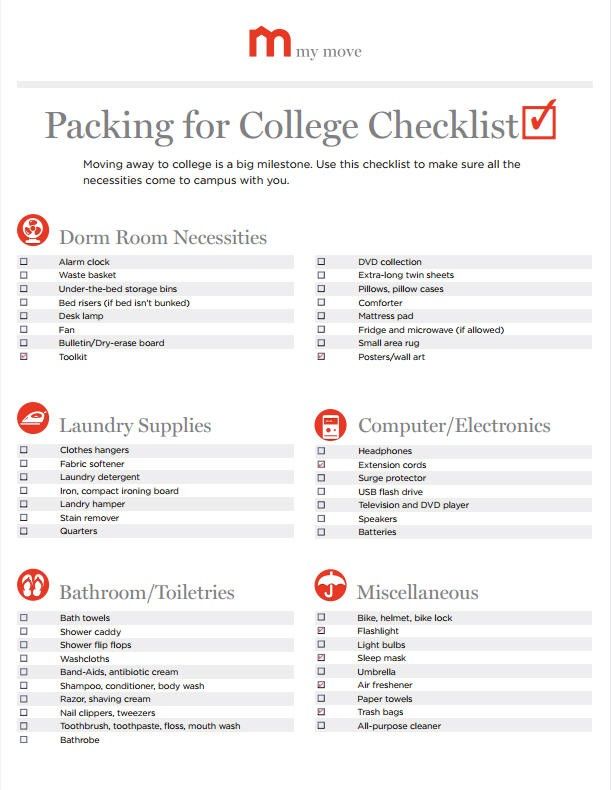 As a result, it’s important that children understand how to respond to questions and ask them on their own before they go to kindergarten. Look for your child to start asking basic, curiosity-fueled questions about the world around them between the ages of two to four years old. They should also be starting to respond to your questions (and those of non-related adults such as teachers) and understand the meaning of the main question words: Who? What? When? Why? Where? and How?
As a result, it’s important that children understand how to respond to questions and ask them on their own before they go to kindergarten. Look for your child to start asking basic, curiosity-fueled questions about the world around them between the ages of two to four years old. They should also be starting to respond to your questions (and those of non-related adults such as teachers) and understand the meaning of the main question words: Who? What? When? Why? Where? and How?
Many children in this age ask “Why” about everything, but if your child is less expressive, gently encourage them to ask questions. Prompt them by saying things like, “Is there anything you want to ask about this?” or “Do you have any questions?” Sometimes children are brimming with questions under the surface and just need a little encouragement to speak up.
3. Recognize Numbers and Letters
While children don’t need to master the alphabet when they enter kindergarten, they should be able to pick out most letters on their own.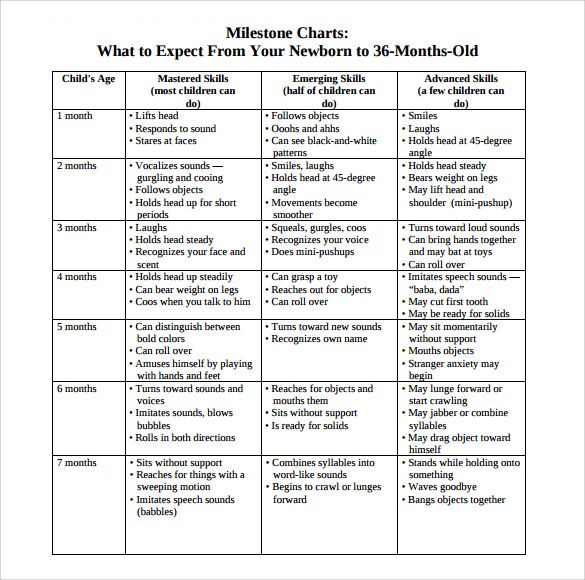 Many kindergartners will also be able to associate sounds with them, though this is a skill that teachers will work on with students on throughout kindergarten and in the coming years. Numbers are also crucial. By the time they reach kindergarten, children should be able to count to 10 most of the time. By age three or four, your child should be able to connect the written form of numbers one to five with the correct number of objects.
Many kindergartners will also be able to associate sounds with them, though this is a skill that teachers will work on with students on throughout kindergarten and in the coming years. Numbers are also crucial. By the time they reach kindergarten, children should be able to count to 10 most of the time. By age three or four, your child should be able to connect the written form of numbers one to five with the correct number of objects.
To help your child develop their skills as recognizing numbers and letters, make it a game. Ask them to point out specific letters on signs and challenge them to identify single digit numbers when they see the numbers on clocks or even scoreboards.
4. Comprehend the Concept of “Time”
Many parents mistakenly think that “understanding time” means that their children should be able to
tell time. That’s not actually the case. When children are four or five years old, they should understand that time passes and understand concepts such as “now,” “before,” “soon,” “later,” “yesterday,” “tomorrow,” and so on.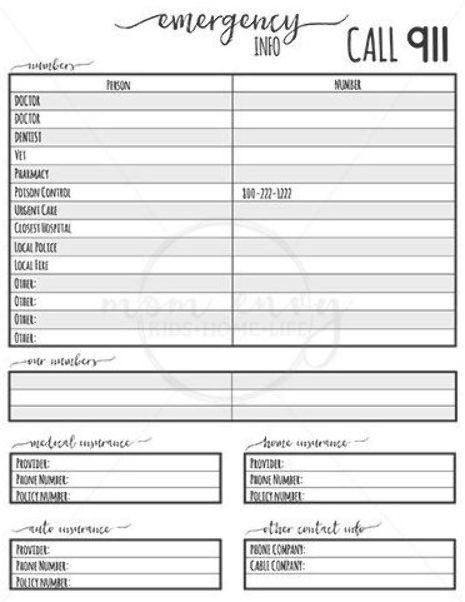 Many children will also recognize the fact that adults use clocks and watches to identify the time—even if they don’t know how to tell time themselves.
Many children will also recognize the fact that adults use clocks and watches to identify the time—even if they don’t know how to tell time themselves.
Keep in mind that at this age, children tend to use events to mark the passage of time. As a result, they may not be able to tell you the time on a clock or remember the days of the week. They will, however, remember that they’re going to the zoo tomorrow, that they visited their grandmother last week and that they’re taking their dog to the park tonight. As long as your child is marking time in a way that is personally meaningful, they have hit this milestone. If they find the concept of time to be a challenge, help them by including references to time more frequently in your conversations with them.
5. Be Able to Tell a Story
By the time your child is ready for kindergarten, they should be able to tell a simple story with a recognizable beginning, middle and end. The stories your preschooler tells don’t have to be long or complex stories, but their stories should have a recognizable beginning, a middle and a distinct ending. This ability to tell a simple anecdote is a major speech and language milestone—and one you can help them develop just by encouraging them to tell you about their day.
This ability to tell a simple anecdote is a major speech and language milestone—and one you can help them develop just by encouraging them to tell you about their day.
Most children will begin a story with “Today I … ” or “Yesterday we … ” or “Guess what Grandpa did?” or another opener they’ve heard their parents or older adults use. Then they will explain what happened, such as saying “Grandpa rode the rollercoaster!” You may not always completely understand exactly what happened, but the gist should be there. Then they should wrap up the story in a distinct way: “It was so fun!” or “I wish we could go again!”
6. Recognize Patterns
Learning how to recognize patterns is critical to helping children understand basic mathematical concepts. For preschoolers, these pattern recognition can be very simple, such as recognizing two repeating shapes in a sequence. Kids should also be able to recognize patterns in daily life, such as knowing that they brush their teeth after eating breakfast, and then head to school after brushing their teeth.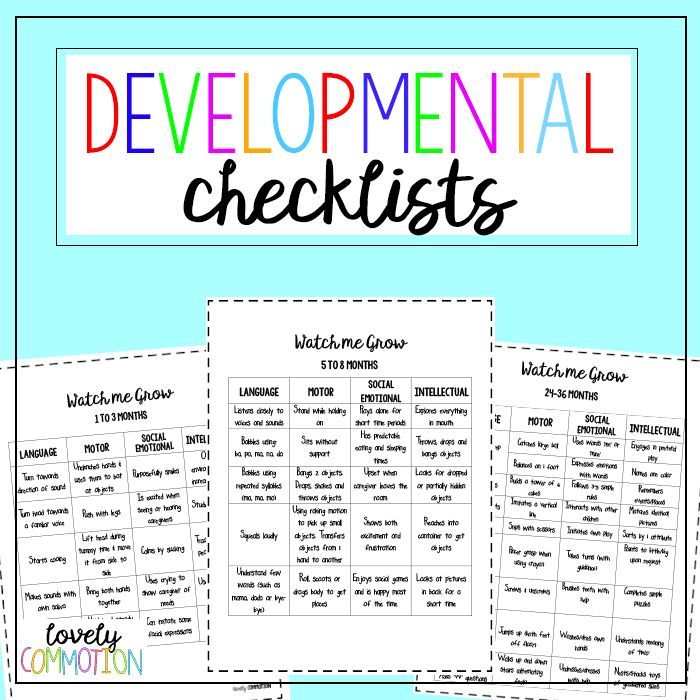
To help your child learn to recognize patterns, keep your routines consistent at home and work with them if they need more help in this area. For instance, you might practice making that simple repeating pattern with two different types of blocks or shapes.
7. Grasp Basic Math Skills
Beyond patterns, children heading to kindergarten should be familiar with a few other basic math skills. These include understanding one-to-one ratios—which means they can see or hear the number five and use that information to pick out five objects. Sorting, the ability to distinguish between different types of objects, is another important math skill. You can help your child practice this by providing math manipulatives for them to play with, or even by asking them to sort colored objects into different containers.
8. Possess Fine Motor Skills
It isn’t necessary for your child to be able to hold a pencil and write by the time they enter kindergarten, but they do need the fine motor skills to pick up a crayon or pencil and make marks on a piece of paper reliably.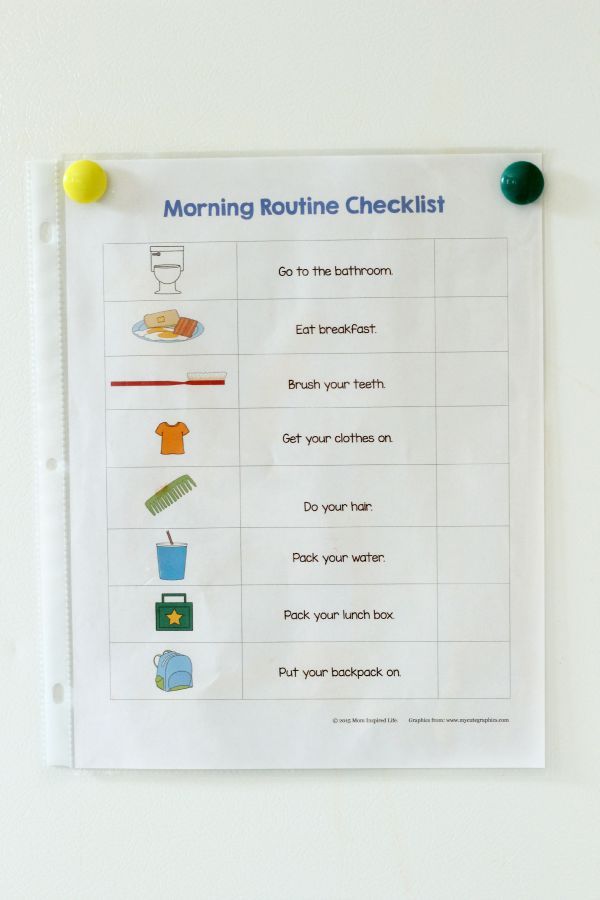 If your child is struggling with those skills, the National Association for the Education of Young Children recommends encouraging them develop their muscle coordination with everyday activities. Help your child get used to using objects as tools by encouraging them to do basic tasks such as eating with utensils or painting with a paintbrush. Pouring juice can help children practice keeping a steady hand, while Play-Doh and clay help children to strengthen the muscles in their hands.
If your child is struggling with those skills, the National Association for the Education of Young Children recommends encouraging them develop their muscle coordination with everyday activities. Help your child get used to using objects as tools by encouraging them to do basic tasks such as eating with utensils or painting with a paintbrush. Pouring juice can help children practice keeping a steady hand, while Play-Doh and clay help children to strengthen the muscles in their hands.
What If My Child Isn’t There Yet?
All children develop at different rates, and if your child isn’t yet hitting one of these milestones, that’s okay. You can help your child accelerate their learning by playing word and number games, practicing conversations, reading books, and providing a rich and stimulating learning environment at home. Look for Montessori toys that will encourage your child to practice their motor skills and exercise their imagination.
Another way to ensure your child’s development stays on track is to look for a school where they will receive a continuous educational experience.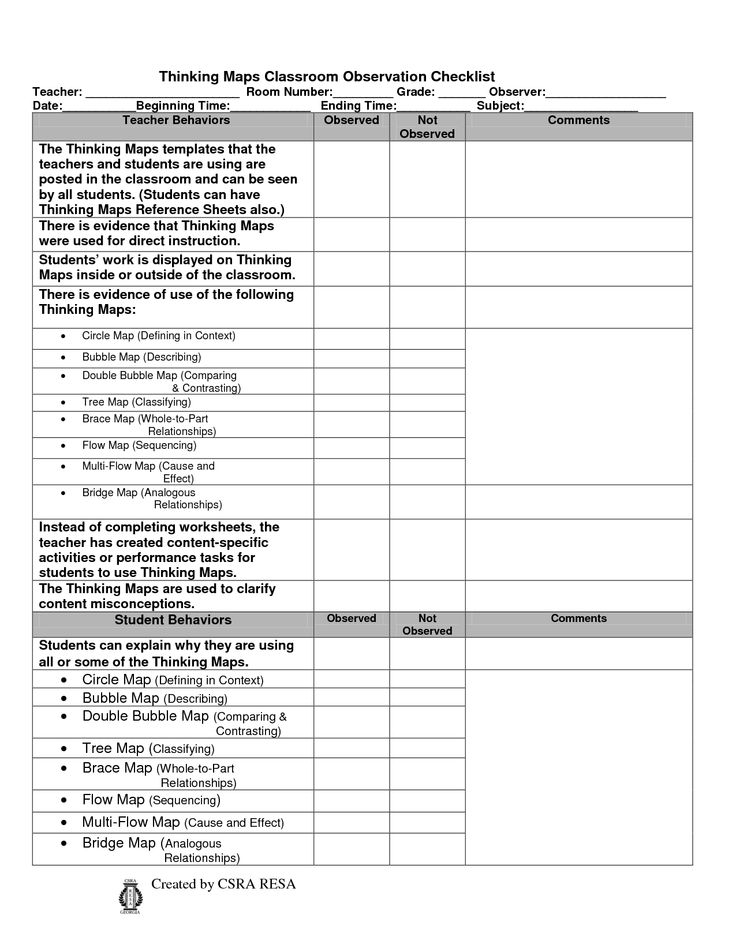 Instead of sending your child to one preschool and then another school for kindergarten, look for a program that keeps your child with the same educators during these crucial developmental years. Whitby School’s nursery to grade eight program, for example, helps children excel by eliminating the stress of changing schools and ensuring that children receive an education that continually builds on what students learn each year.
Instead of sending your child to one preschool and then another school for kindergarten, look for a program that keeps your child with the same educators during these crucial developmental years. Whitby School’s nursery to grade eight program, for example, helps children excel by eliminating the stress of changing schools and ensuring that children receive an education that continually builds on what students learn each year.
To learn about how a Montessori preschool can help your child reach developmental milestones, schedule a tour or download our guide to Nursery to Grade 8 (N-8) schools below.
Kindergarten skills checklist
- Reading & Writing
- Mathematics
- Logic & Problem Solving
- Science
- Social Studies
- Creativity & Life Skills
- Personal & Social Skills
- Language Learning
Is your child ready for kindergarten? Refer to this skills checklist.
Is your child ready for kindergarten? Although each child is unique and develops at his or her own pace, most educators and developmental experts agree upon a certain set of skills as essential tools for further development and achievement in school. Here’s a checklist of the developmental skills children need exposure to and knowledge of before they enter kindergarten.
Social skills
- Uses words to solve problems or conflicts
- Uses words like please, thank you and excuse me
- Adjusts to new situations
- Attempts new tasks knowing it’s okay to make mistakes
- Shows pride in accomplishments
- Follows a simple direction
- Stays with an activity to completion
- Asks for help
- Interacts appropriately with adults and peers
- Respects the rights, property and feelings of others
- Works cooperatively (listens to others, shares and takes turns)
- Demonstrates increasing self-control
- Participates in clean-up activities
- Takes responsibility for own belongings (lunch, coat, etc.
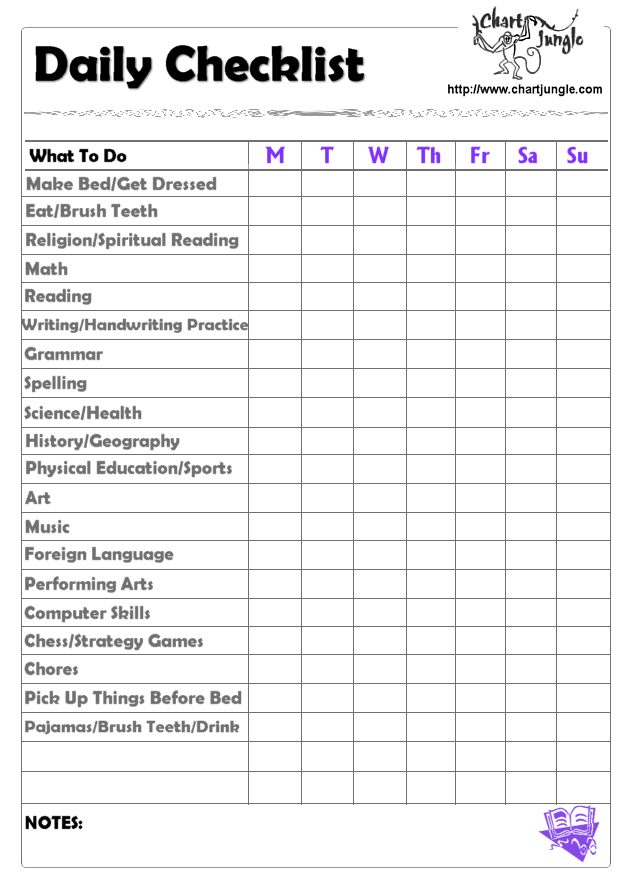 )
) - Is able to dress self
- Adheres to a routine and schedule for personal hygiene, eating meals and going to bed
- Uses good hygiene habits and table manners
- Uses appropriate bathroom skills
- Follows simple safety rules
- Offers to help peers and family
- Tries to regulate emotions properly and articulates feelings in words
Motor skills
- Puts puzzles together
- Cuts with scissors
- Holds and uses crayons, markers, pens and pencils correctly
- Builds using blocks
- Tries to tie own shoes
- Bounces, kicks, throws and catches a ball
- Rides a tricycle
- Enjoys outdoor activities, like running, jumping and climbing
Reasoning & concept development
- Matches or groups objects according to size, shape or color
- Groups objects that are the same
- Understands concepts of in/out, under/over, on/off, front/back, etc.
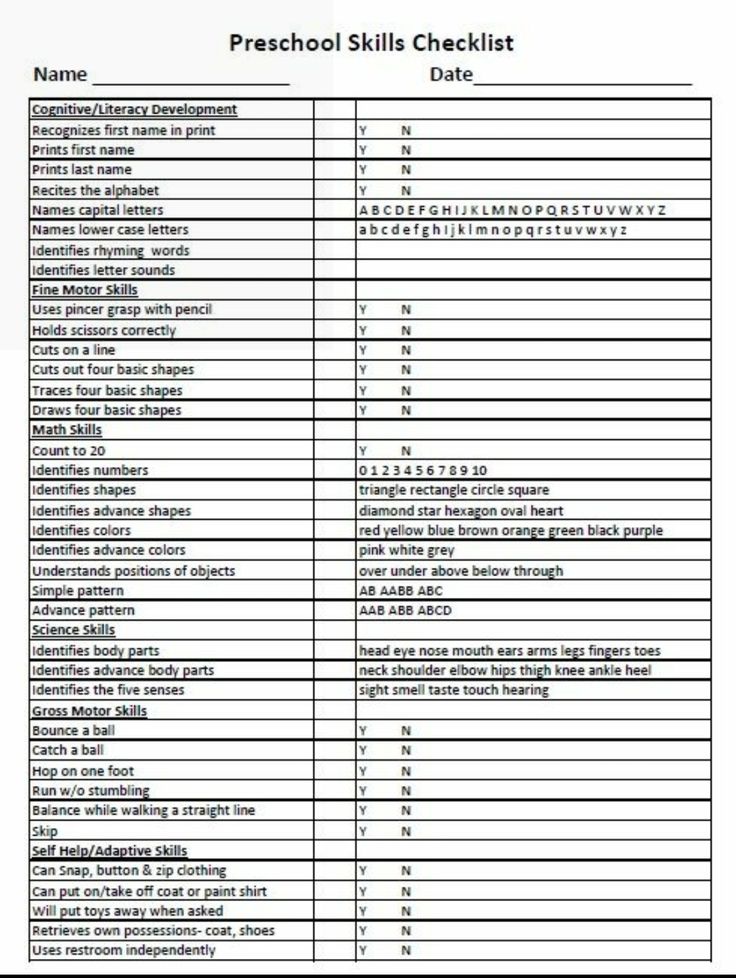
- Shows an understanding of the passing of time, including concepts of before and after, and today, yesterday and tomorrow
- Experiments enthusiastically with new games and toys, sometimes in a trial-and-error manner
- Describes how objects are the same or different
Language skills
- Talks in sentences
- Follows one- and two-step oral directions
- Uses sentences that include two or more ideas
- Uses descriptive language
- Knows by heart and recites some common nursery rhymes and songs
- Pretends, creates and makes up songs or stories
- Tells or retells stories and/or everyday experiences
- Asks questions and expresses curiosity
- Expresses ideas so that others can understand
Reading skills
- Looks at books or pictures on their own
- Pretends to read books by reading the pictures
- Tries to read in everyday situations (signs, labels, etc.)
- Recognizes rhyming words
- Blends sounds into words
- Recognizes some common words in print
- Recognizes many uppercase and lowercase letters
- Recognizes some letter sounds
- Describes characters’ actions and feelings in a story
- Relates stories to personal experiences
- Puts events of a story in order
Writing skills
- Tries to write, scribble or draw
- Asks you to write words or notes to others
- Attempts to write own name and recognizes own name in print
Mathematics concepts
- Compares the size of groups of objects using language such as “more,” “less” and “same as”
- Arranges objects in size order (big to small, or small to big)
- Uses comparison words, like "bigger," "smaller," "heavier," etc.
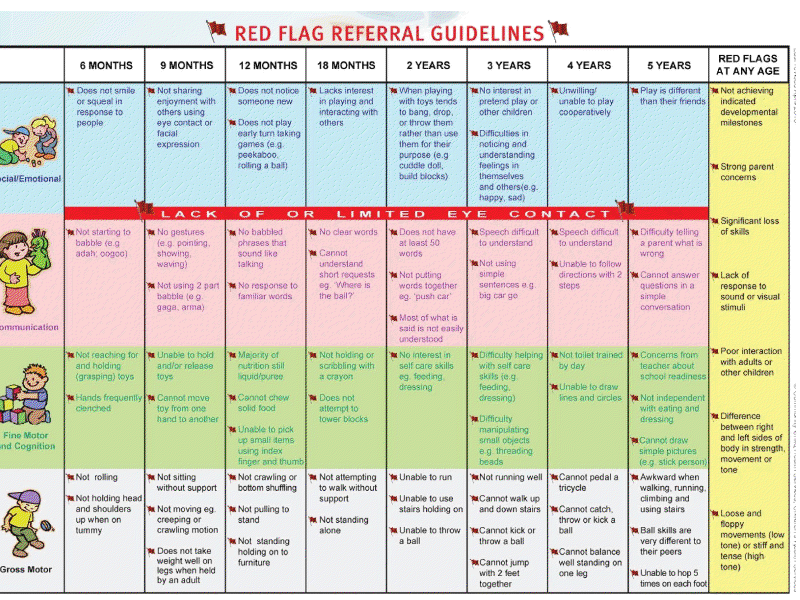
- Understands concepts of none, some and all and more than and less than
- Identifies and draws a square, circle and triangle
- Correctly counts four to ten objects
- Knows that the final number counted represents the total number of objects in a set
- Recognizes some numbers, 1 – 10
- Can distinguish numbers from letters, and understands that numbers relate to quantity
- Understands the effects of addition and subtraction
Science
- Shows interest and asks questions about objects and events observed in their environment
- Notices common properties and differences among objects and materials
- Knows some facts about common plants and animals, such as what they eat and baby names
- Recognizes some objects in the sky such as the sun, moon, clouds and lightning
Creative arts & music
- Recognizes and names basic colors
- Draws recognizable shapes and simple objects
- Tells a story with pictures
- Moves to a beat
- Explores with common musical instruments
- Enjoys improvising or copying musical patterns
Social studies
- Recognizes basic traditions such as birthdays
- Understands that people live in different parts of the worlds and have different customs and traditions
- Explores simple maps and visual representations of neighborhoods or communities
Monitoring the quality of preschool education will help kindergartens develop development programs
Director of ANO DPO "National Institute for the Quality of Education" Irina Fedosova in an interview with the federal portal "Russian Education" spoke about the main tasks of monitoring preschool education.
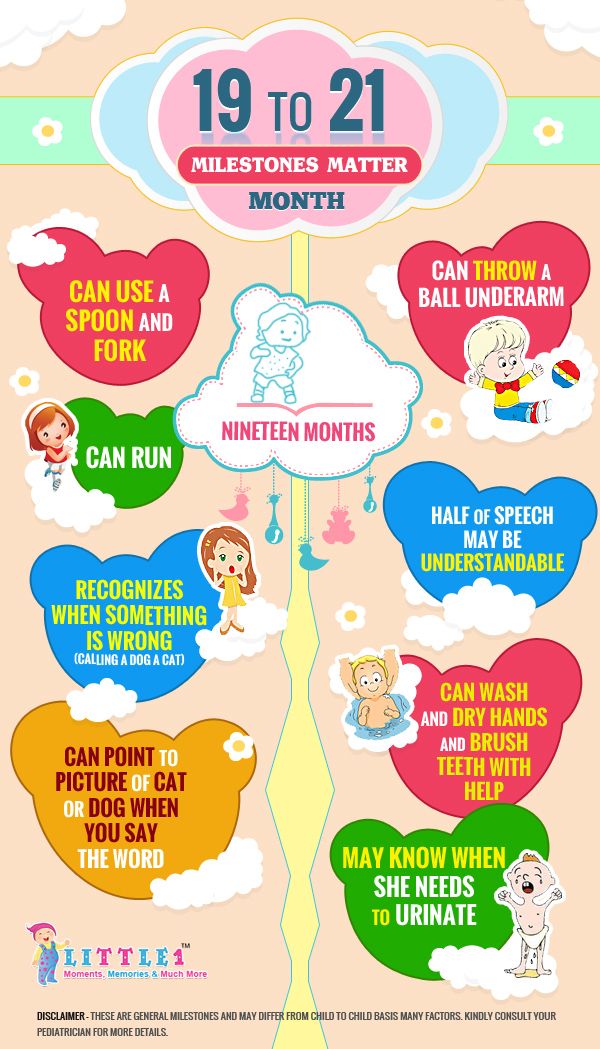
Irina Evgenievna, in 2019, by order of Rosobrnadzor, with your participation, the Concept for monitoring the quality of preschool education was developed and tested. In 2020, in 40 regions of the Russian Federation, monitoring based on this Concept will be launched in an experimental mode. Tell us what is the basis of the Concept, what are its goals and objectives?
Yes, indeed, in 2019 the Federal Service for Supervision in Education and Science developed and tested a new system for developing monitoring of the quality of preschool education in the Russian Federation (MKDO).
The Concept of MKDO is based on the principles and approaches to the implementation of preschool education, indicated by the Federal State Educational Standard. It was important for us to develop a monitoring methodology that would support the ideology of the Federal State Educational Standard, create the basis for the development of the kindergarten and the entire system of preschool education in the country as a whole.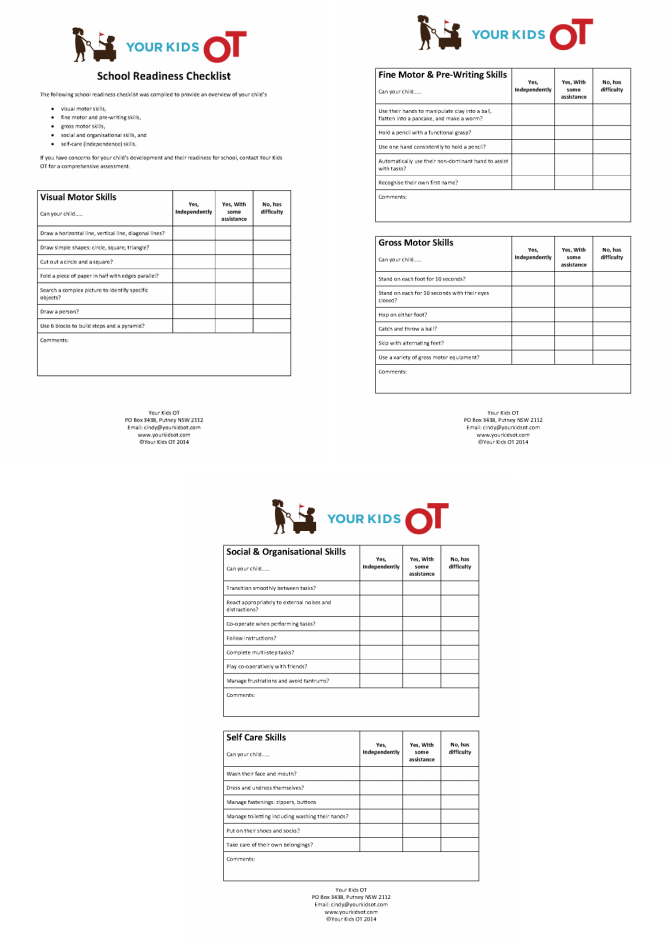
Federal Law No. 273-FZ of December 29, 2012 “On Education in the Russian Federation” took the educational results of preschool students beyond the framework of systems of control, supervision and monitoring of the state of the preschool education system. The federal standard has focused the new requirements for the system of preschool education on the creation of high-quality educational conditions and the educational process that will allow each preschooler to achieve the best results for himself.
The monitoring system being developed had to take into account the new requirements. In 2019Based on the results of previous long-term studies of the quality of education in kindergartens, a set of organizational and methodological materials was developed, which included the Concept of the ICCE, a description of the mechanisms, procedures, tools of the MCCE and guidelines for its use for regional education systems.
The ICCE concept proposed a multi-level, comprehensive and versatile monitoring of the quality of preschool education based on a system of quality indicators grouped into nine areas: educational guidelines; educational program; qualifications of teachers; the content of educational activities; organization of the educational process; educational conditions; creation of conditions for obtaining preschool education for children with disabilities and disabled people; interaction with parents; catering for students and employees of preschool educational institutions and the protection and promotion of the health of children and employees of preschool educational institutions; management and development of the organization.
Thanks to monitoring, we will be able to assess the quality of education in preschools from different points of view - the teacher of the group, his colleagues (internal working group of the preschool) and the leader, parents and external experts. In addition, we will be able to see the contribution to the development of the quality of education of local governments, regional executive authorities and other stakeholders.
The concept of the ICCE provides for a five-level assessment of the quality of education in the ECE. At the same time, the third level corresponds to the basic level of quality - full compliance with the requirements of the Federal State Educational Standard of DO and the provisions of the Exemplary Basic Educational Program for Preschool Education. The fourth and fifth levels indicate exceeding regulatory requirements and achieving the best performance in the region. Such an assessment system will make it possible to identify the best practices and provide information about them to all kindergartens in Russia, and will serve as the basis for professional experience exchange programs.
The risk-based model included in the ICCE toolkit will allow us to focus our attention on the opportunities and risks of developing a preschool educational organization.
To effectively implement the requirements of the Monitoring Concept, the ICCE Toolkit has been developed, which allows not only to assess the current level of education quality in preschool educational institutions, but also to identify areas for development to achieve better results. One of the important components of the Toolkit is the Scales for Comprehensive Assessment of the Quality of Education - the MKDO Scales, which significantly increase the reliability of the assessments obtained.
What are the main problems that monitoring can help solve?
Firstly, monitoring, which will be carried out in all regions in accordance with a single Concept, will help create conditions for the formation of a unified educational space of the Russian Federation in the field of preschool education.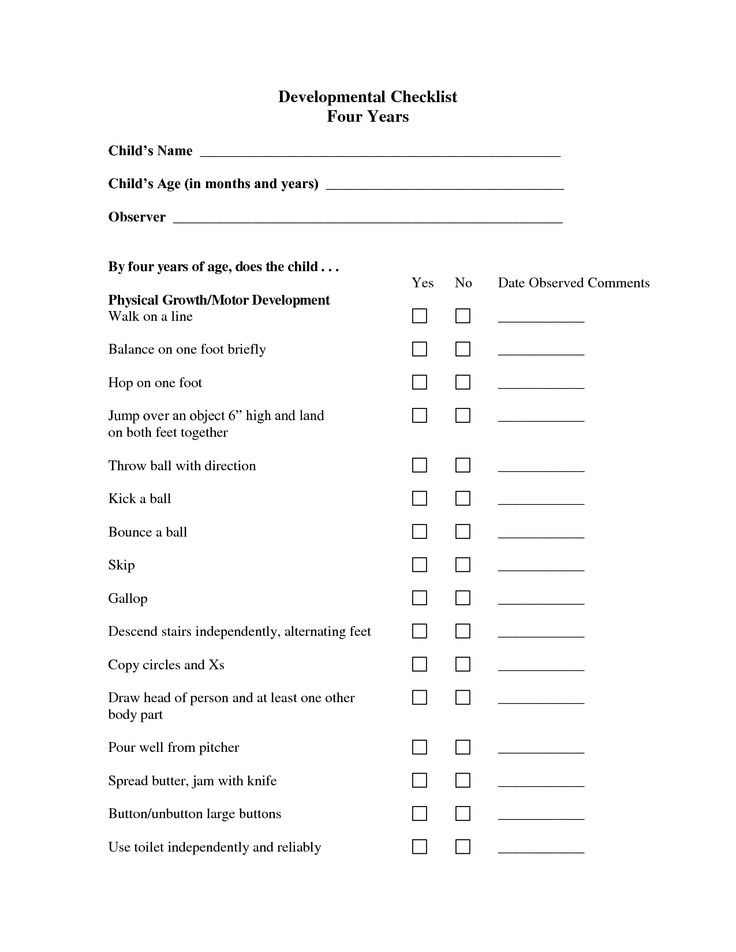 At the moment, different systems for assessing and monitoring the quality of education are used in different regions. All of them operationalize the requirements of the Federal State Educational Standards in different ways, distinguish different quality criteria. For some, a sufficient proof of the quality of education is the compliance of the implemented basic educational program of preschool education with the requirements for the structure of the BEP DO, declared in the Federal State Educational Standard, for others it is important to make sure that the parents of pupils are highly satisfied with the education. This leads to the emergence of many heterogeneous reports, the data of which is almost impossible to generalize at the Federation level without losing key information. The collection of information on a unified system of areas and quality indicators of the MCDO will make it possible to systematize data at the level of the preschool educational institution, at the level of the municipality, region and at the federal level, while maintaining the necessary degree of data detail.
At the moment, different systems for assessing and monitoring the quality of education are used in different regions. All of them operationalize the requirements of the Federal State Educational Standards in different ways, distinguish different quality criteria. For some, a sufficient proof of the quality of education is the compliance of the implemented basic educational program of preschool education with the requirements for the structure of the BEP DO, declared in the Federal State Educational Standard, for others it is important to make sure that the parents of pupils are highly satisfied with the education. This leads to the emergence of many heterogeneous reports, the data of which is almost impossible to generalize at the Federation level without losing key information. The collection of information on a unified system of areas and quality indicators of the MCDO will make it possible to systematize data at the level of the preschool educational institution, at the level of the municipality, region and at the federal level, while maintaining the necessary degree of data detail.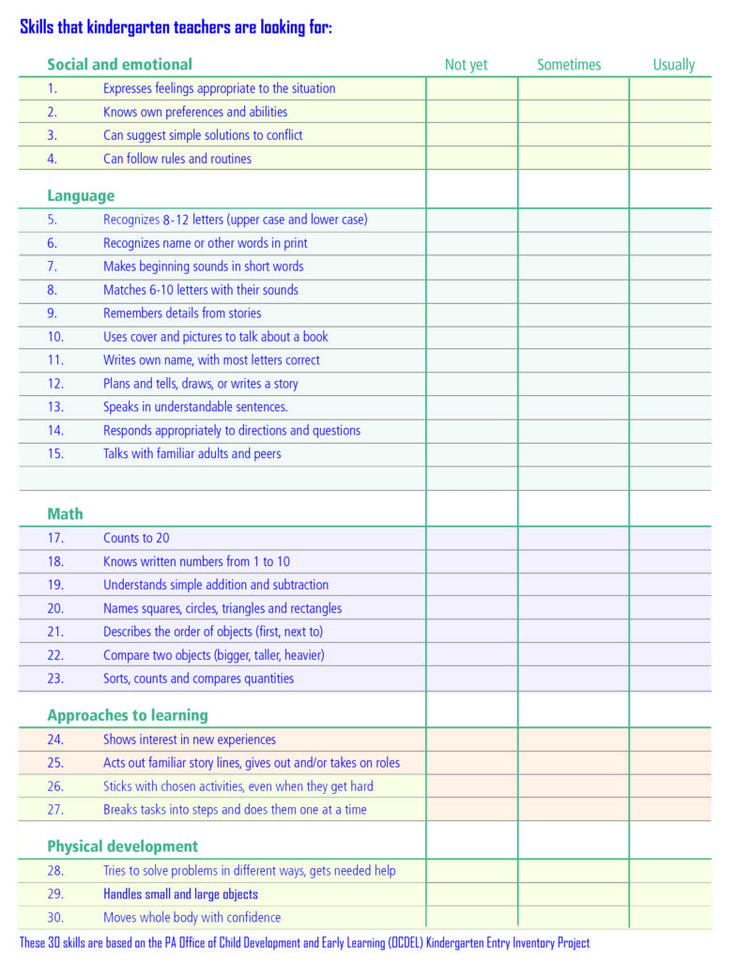
Secondly, the monitoring data will become the basis for building professional development programs for teachers. We all understand that even the most excellent educational program does not guarantee a high quality of education if the teacher does not cope with his tasks. It is the quality of the teacher's work that determines the effectiveness of the entire organization. At the moment, advanced training and other programs are being implemented on a massive scale without a clear understanding of the professional capabilities and shortcomings of the trained teacher. Many regions have already begun work on diagnosing the professional level of teachers, and the MKDO Toolkit will help them with this.
Thirdly, MKDO will create information conditions for the high-quality implementation of state control and supervision, but most importantly, the basis for effective management of the quality of education in organizations engaged in educational activities in the field of preschool education at the level of municipalities and regions.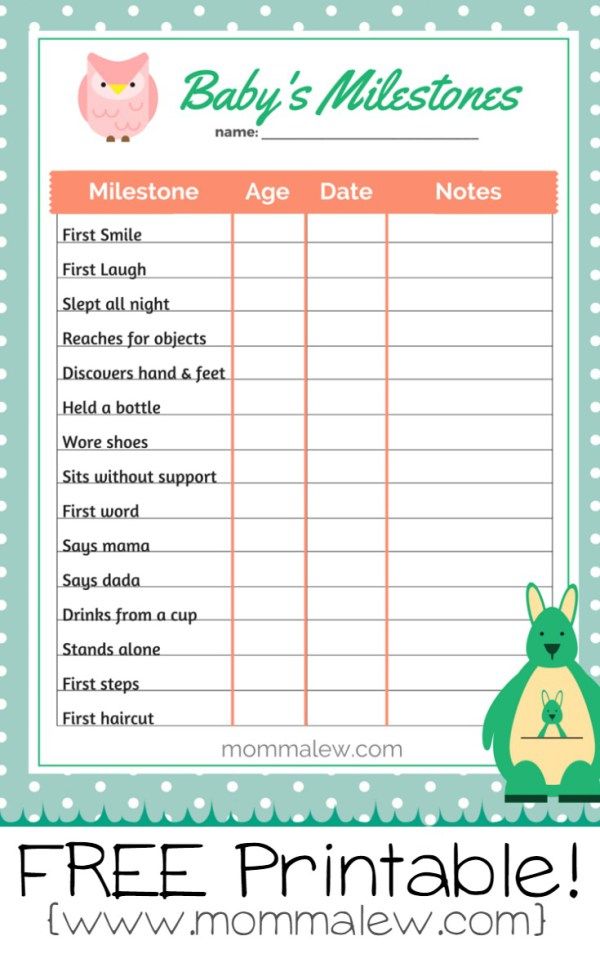
Monitoring data will provide an evidence base for initiatives aimed at the continuous development of preschool, the regional system of preschool education and the educational system of the Russian Federation as a whole.
What did you note as a result of the approbation regarding the professional training of teachers?
More than 8,000 preschool teachers from 56 regions of the Russian Federation took part in testing the new system in 2019. Of these, 21% are teachers of the highest category, 40% are of the first category, 39% are teachers without a category. Among them were teachers with secondary vocational pedagogical education and higher education, who completed professional retraining programs and improved their skills in various courses. When conducting professional self-assessment within the framework of the ICCE, teachers of more than 50% of preschool educational institutions assessed their professional qualifications and the quality of pedagogical work by three or more points, that is, they reach and exceed the required basic level.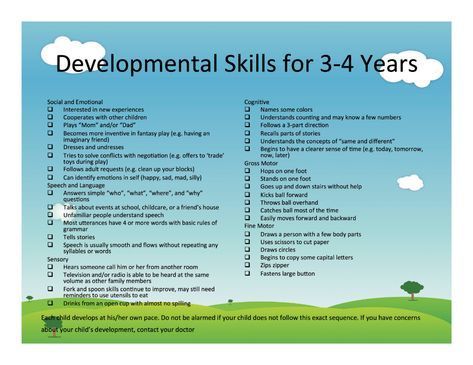 The results of internal and external peer review generally confirm these figures.
The results of internal and external peer review generally confirm these figures.
At the same time, we noted that the level of quality of pedagogical work is not always determined by the quality of diplomas.
Educators need clear and stable guidelines for the quality of the educational process so that they can properly organize their work and achieve good results. Many of them do excellent classes in a group, but do not even think about supporting children's initiative in mastering the content of the program, because they do not consider this a significant quality factor. They are not familiar with the data of modern scientific research on the effectiveness of various pedagogical approaches and are guided by frontal methods of working with the entire group of children, without taking into account differences in the current and immediate level of development of each.
They learned this well in pedagogical colleges and universities. But today this is not enough to reach the level of world education leaders.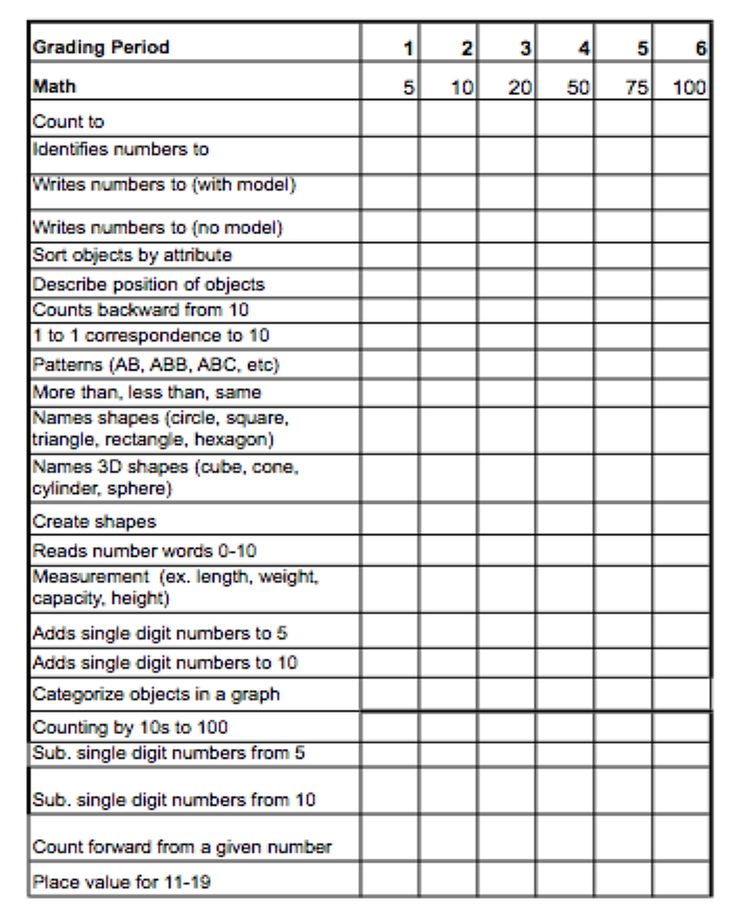 And we understand that not only kindergartens, but also the vocational training system needs clearer criteria for the quality of education.
And we understand that not only kindergartens, but also the vocational training system needs clearer criteria for the quality of education.
How does the overall picture of the quality of our preschool education look now? What are its strengths?
More than 500 preschool educational organizations participated in the approbation of the Concept and Toolkit of the MKDO. Taking into account the fact that more than 40,000 organizations work in the field of preschool education in our country, this sample is still not enough to give an unambiguous description of the quality of education in the country as a whole. Among the participants of the approbation, 56% of kindergartens reach and exceed the basic level. Among the rest, 8% of orchards are at the first level of quality and 36% are at the second level, requiring improvement work to achieve the basic third level. Traditionally, the strengths of Russian education are the work on mastering its content in certain educational areas (cognitive and speech development), while it is difficult to take into account the interests of the child and the context of the location of the kindergarten when building programs.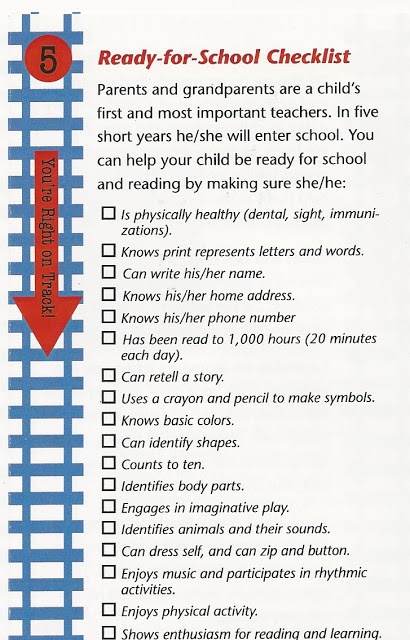 Since the introduction of the Federal State Educational Standard, many kindergartens have learned to create a competent subject-spatial environment in the preschool educational institution, to support the game, children's research and experiments. The organization of the social and communicative development of pupils still raises questions from teachers.
Since the introduction of the Federal State Educational Standard, many kindergartens have learned to create a competent subject-spatial environment in the preschool educational institution, to support the game, children's research and experiments. The organization of the social and communicative development of pupils still raises questions from teachers.
How objective are monitoring assessments?
This problem is solved largely due to the fact that both an internal model for assessing MKDO objects, which is based on self-examination and self-assessment of the quality of educational activities in preschool institutions, and an external model for assessing MKDO with the involvement of parents and experts are used.
A comprehensive analysis of educational activities is being carried out: its normative foundations are being studied, the quality of the educational process is being monitored, the object-spatial environment created in the group is being considered, and the opinions of teachers and parents are being studied.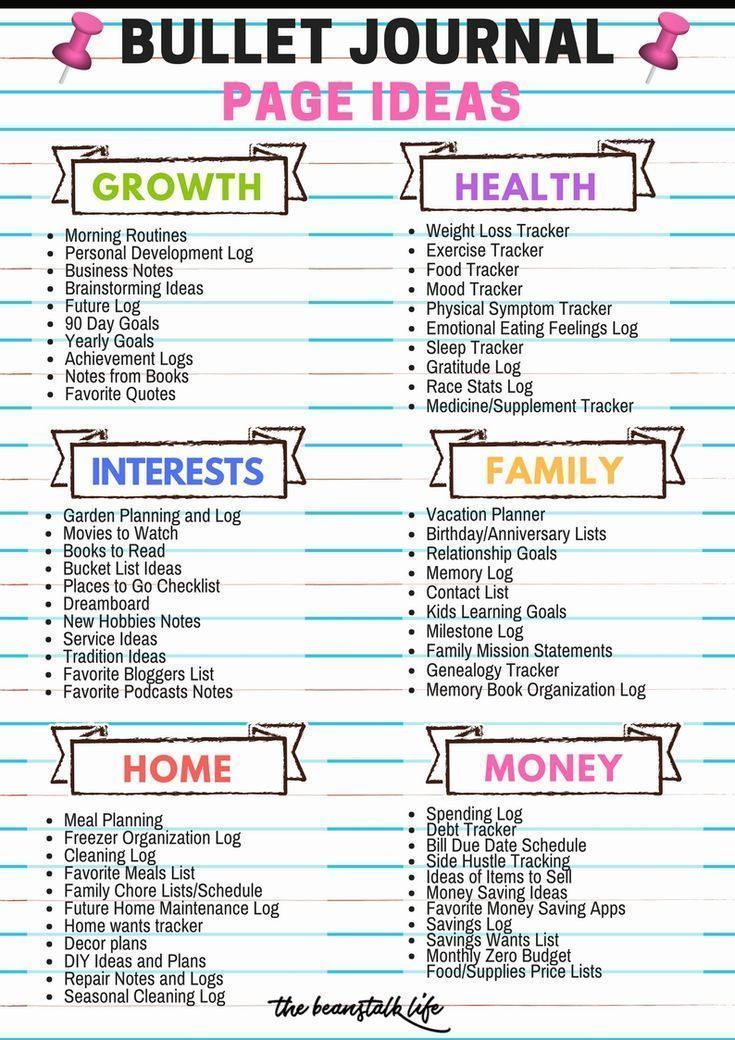
Comparison of data obtained from different sources provides a more objective picture. The use of such approaches and methods of quality assessment significantly reduces the subjectivity of the assessment.
What are the prospects for continuing the study in 2020?
In 2020, based on the results of testing, the MKDS Concept was improved, and monitoring is now starting using the new version of the MKDS Toolkit. Starting next year, monitoring will be carried out as usual.
Expert's comment
Tatyana Volosovets, PhD, Advisor to the Minister of Education of the Russian Federation
At the same time, a feature of preschool education is that Article 64 of the Federal Law "On Education in the Russian Federation" categorically prohibits evaluating the academic results of children. In kindergarten, unlike at school, no tests or exams can be held. The question arises: what then can we measure? The GEF of preschool education is, first of all, the standard of conditions that are created in an educational organization.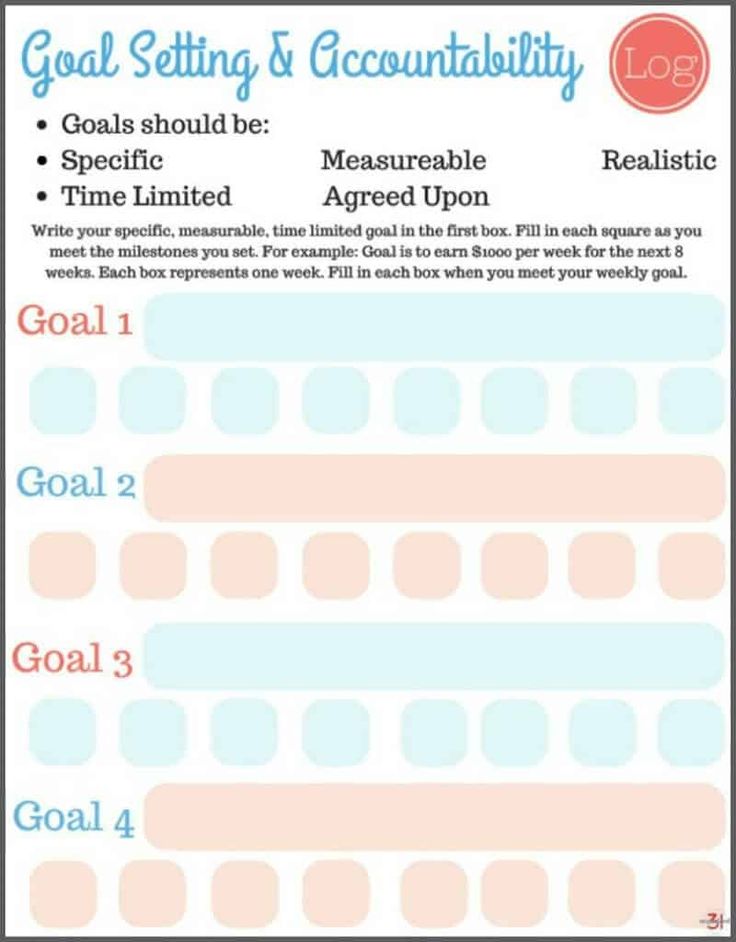 And, therefore, first of all, we must measure the quality of the conditions for obtaining preschool education, the quality of the educational environment created in the preschool.
And, therefore, first of all, we must measure the quality of the conditions for obtaining preschool education, the quality of the educational environment created in the preschool.
Development of a system for measuring the quality of preschool education conditions is a complex task that requires serious scientific research. And such studies were carried out at the initiative of Rosobrnadzor in 2016–2019, which made it possible to form a modern scientific and methodological basis for assessing the quality of education, which fully reflects all relevant regulatory requirements. As a result, evidence-based, valid and reliable tools were created to monitor the quality of preschool education. It allows you to evaluate the quality of educational programs being implemented, and the professionalism of teachers, and their ability and desire to improve their skills, and the quality of the organization of the preschool space and its equipment, and many other characteristics of the educational environment that form the overall picture of the quality of preschool education throughout the country.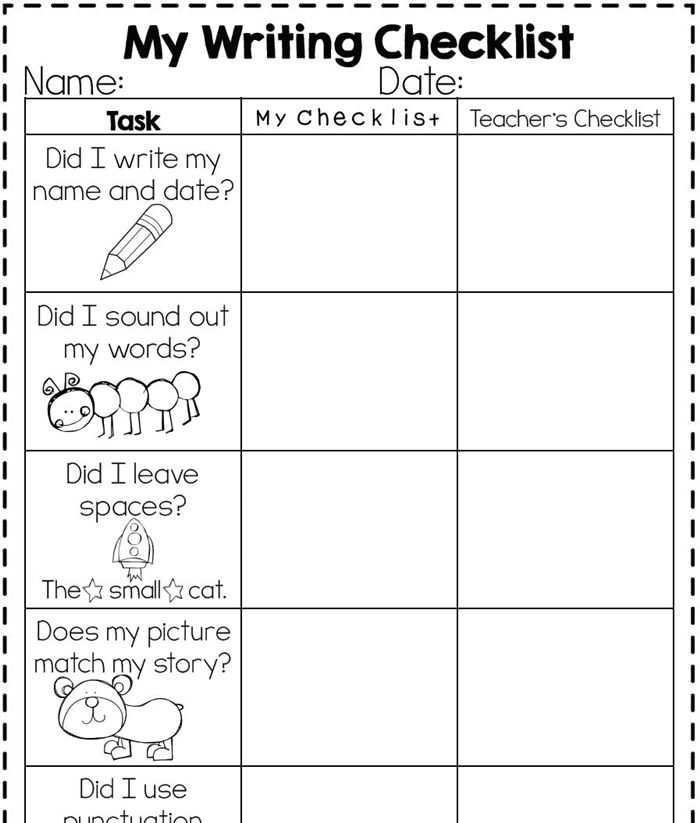
Of course, monitoring data should be used not only at the level of a preschool educational organization, but also at the municipal, regional and federal levels to build a state educational policy in the field of preschool education.
The monitoring results, which will be available on the websites of Rosobrnadzor and its subordinate organizations, other authorized organizations as part of the work on the instructions of Rosobrnadzor, publications in the press, holding a press conference following the results of each year of the study, should become the basis for modernizing the entire system preschool education at all its levels.
In a broad sense, this monitoring is aimed at drawing attention to the problem of information accessibility of kindergartens for parents. Based on this information, parents will be able to make an informed decision on choosing an educational organization for their child to receive preschool education, taking into account territorial and social factors, as well as stimulating public discussion on the issue of assessing the quality and accessibility of preschool education and promoting information support for best practices in this direction.
I want to cancel that the ICCE Toolkit also allows us to look more closely at the problem of educating children with disabilities. In the MKDO scales, a separate area of quality “Conditions for obtaining preschool education by persons with disabilities and disabled people” is singled out, which includes four quality assessment indicators: the implementation of an adapted basic educational program, inclusion in a group, special work with children with disabilities, work with children- disabled people. The quality area "Educational Program" includes an indicator that allows you to assess the quality of adapted basic educational programs for the education of children with disabilities.
In many indicators of the ICCE Scale, the creation of conditions for the education of children with disabilities is one of the criteria for a high level of education quality, for example, in the Emotional Development indicator, the teacher’s possession of special skills for working with special children (including children with disabilities ) is considered as an indicator of a high level of pedagogical work.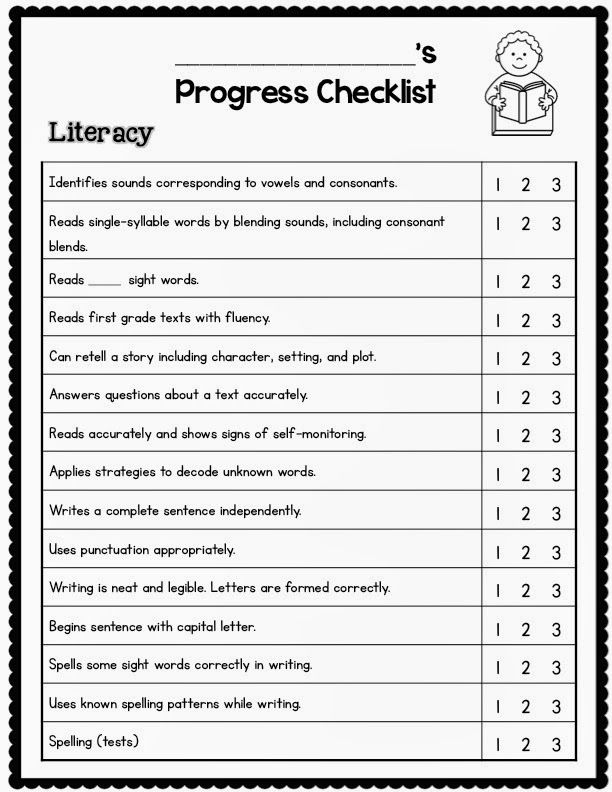
In addition, the Scales include indicators related to the supervision and care of preschool children. On the one hand, this is not directly related to the implementation of the Federal State Educational Standard, on the other hand, according to the law, such activities are the responsibility of a preschool educational organization. Supervision and care is provided by both educators and other employees of the kindergarten, and its quality often directly affects the quality of the educational process. Therefore, I am glad that this area of quality has appeared in the MKDO Scales.
And here there is such an important indicator as safety (internal and outdoor areas). Kindergartens have always paid special attention to the protection and strengthening of the physical and mental health of children, sanitary and hygienic conditions, but now, given the epidemiological situation, these issues are almost coming to the fore. Educational programs must necessarily include training in hygiene procedures such as handwashing.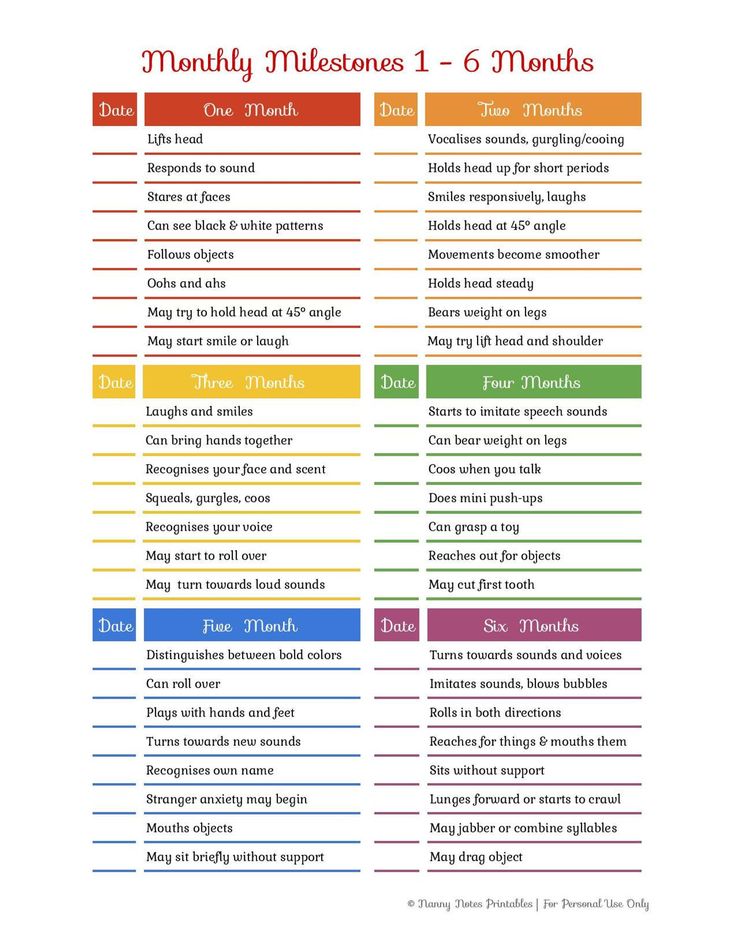 The concept also touches upon nutrition issues - compliance with the regimen, an individual approach to the needs of children who, for example, are allergic to certain foods.
The concept also touches upon nutrition issues - compliance with the regimen, an individual approach to the needs of children who, for example, are allergic to certain foods.
Also collected and analyzed a variety of information needed to control the quality of education, given recommendations. The management component, the issue of quality management is something that many kindergartens are faced with for the first time. If not only the external, but also the internal quality assessment system is debugged, then the gardens will be able to understand in time what is outdated and needs to be modernized, and they will have much fewer regulations related to fire safety, nutrition, and compliance with SanPiN. It is important that organizations can identify problems and work on their solution even before the arrival of regulatory bodies, independently assessing each area and quality indicator.
In addition, MKDO studies the activities of preschools from almost all sides: it analyzes indicators that characterize the areas of responsibility of various participants in preschool education - a teacher, head of a preschool, a team of kindergarten workers, a founder of a preschool.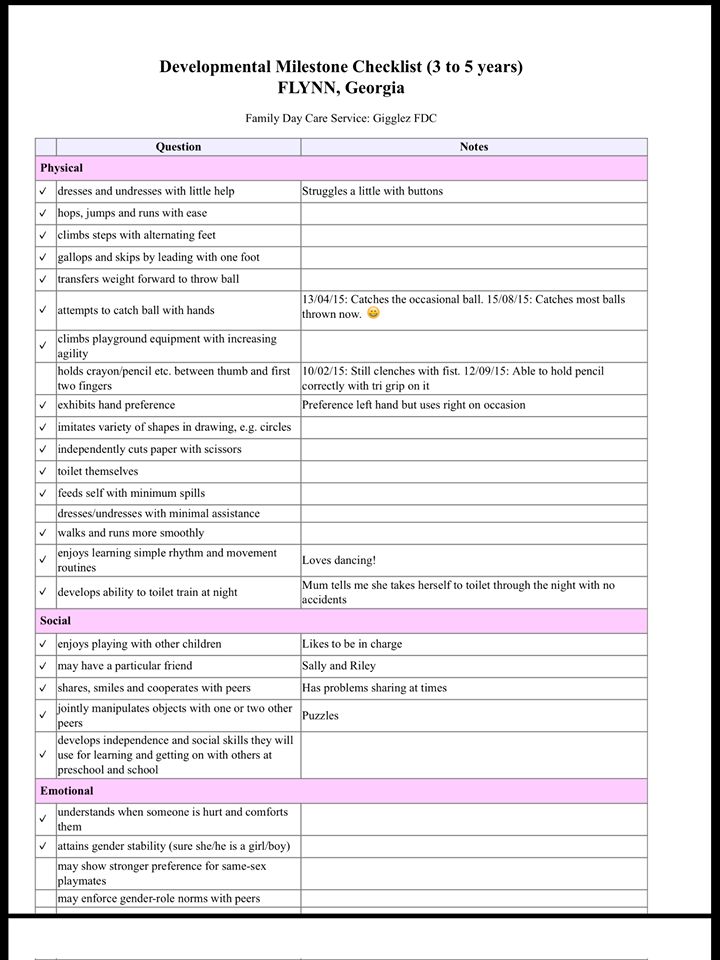
This approach allows you to move away from assessing the quality "according to papers" and focus on the real aspects of the activities of preschool educational institutions.
In conclusion, I would like to raise the question of how the coronavirus epidemic has affected the work of preschool organizations.
Kindergarten duty group teachers deserve special gratitude from society. During the epidemic, they, like teachers, were at the forefront. But most of the children were still at home, so preschool organizations for the first time faced the need to work remotely. Kindergarten literally entered every family. The parents have learned a lot. New methods, forms of work, recordings of classes that appeared at this time will definitely come in handy in the future. It is known that preschoolers often get sick, this is due to the physiological characteristics of development, so what has been developed by kindergartens will help children who are forced to stay at home to keep up with the program in the future.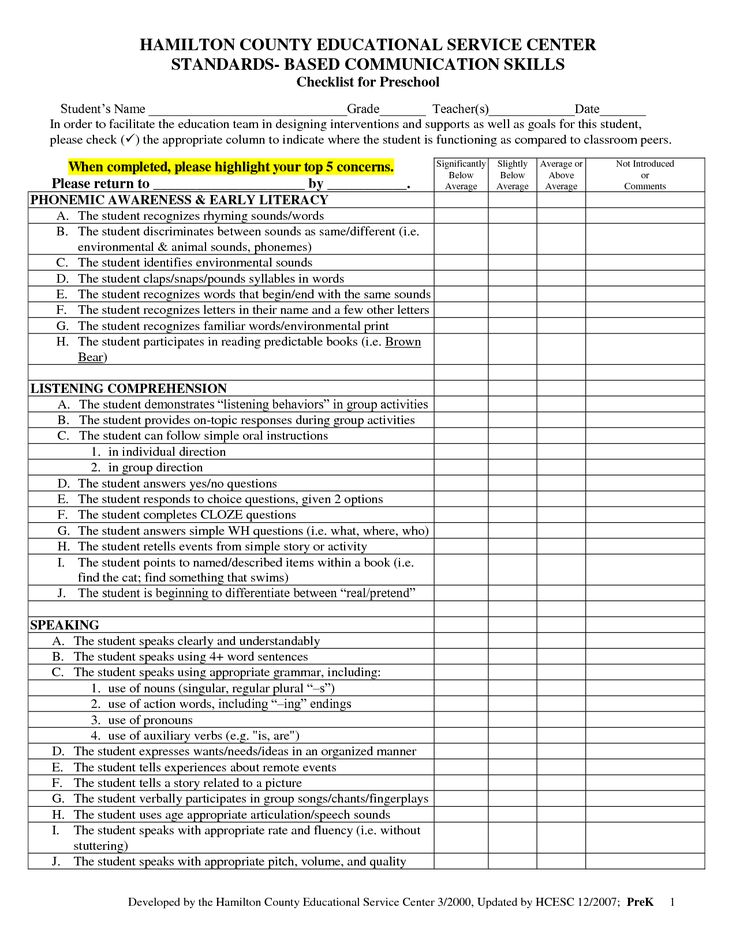 This will be a great help to parents. And, of course, a big plus would be the transfer to a remote format of adapted educational programs for children with disabilities who cannot attend kindergarten.
This will be a great help to parents. And, of course, a big plus would be the transfer to a remote format of adapted educational programs for children with disabilities who cannot attend kindergarten.
Teacher's professional achievements | MBDOU Kindergarten No. 74 Winnie the Pooh Severodvinsk
PROFESSIONAL ACHIEVEMENTS OF THE TEACHER
Professional achievements (Portfolio) of a teacher - an individual folder in which his personal professional achievements in educational activities, the results of the upbringing of the development of his pupils, and his contribution to the development of the education system during the inter-certification period are recorded.
CERTIFICATION PORTFOLIO
(memo for teachers)
The certification portfolio is a set of materials representing a set of professional achievements during the inter-certification period.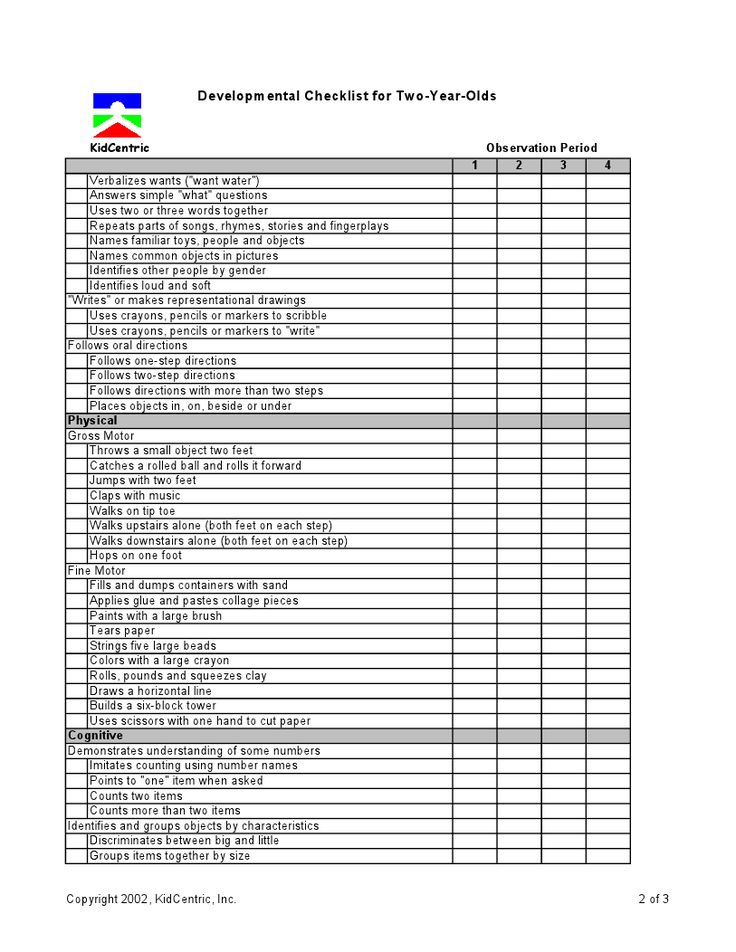
Portfolio allows you to take into account the results achieved by the teacher in a variety of activities: educational, creative, social, communicative; the teacher's contribution to the development of the education system.
The purpose of the attestation portfolio: to present a report on the achievements of the teacher in the inter-attestation period, to see a picture of the significant results of pedagogical activity in general, to assess the level of professional competence of the teacher, compliance with the declared category.
Portfolio structure
Section one “Portrait”
2. Presentations 3. Professional path 4. Attestation Section Second “Working Materials” 1. Self -education (Topics in the inter -Testtestation period, Generalization of PPO) Terms of work on the topic 0004 , programs of circles, sections, etc. 3. Participation in the methodological work of preschool educational institutions. No. Date Form Topic
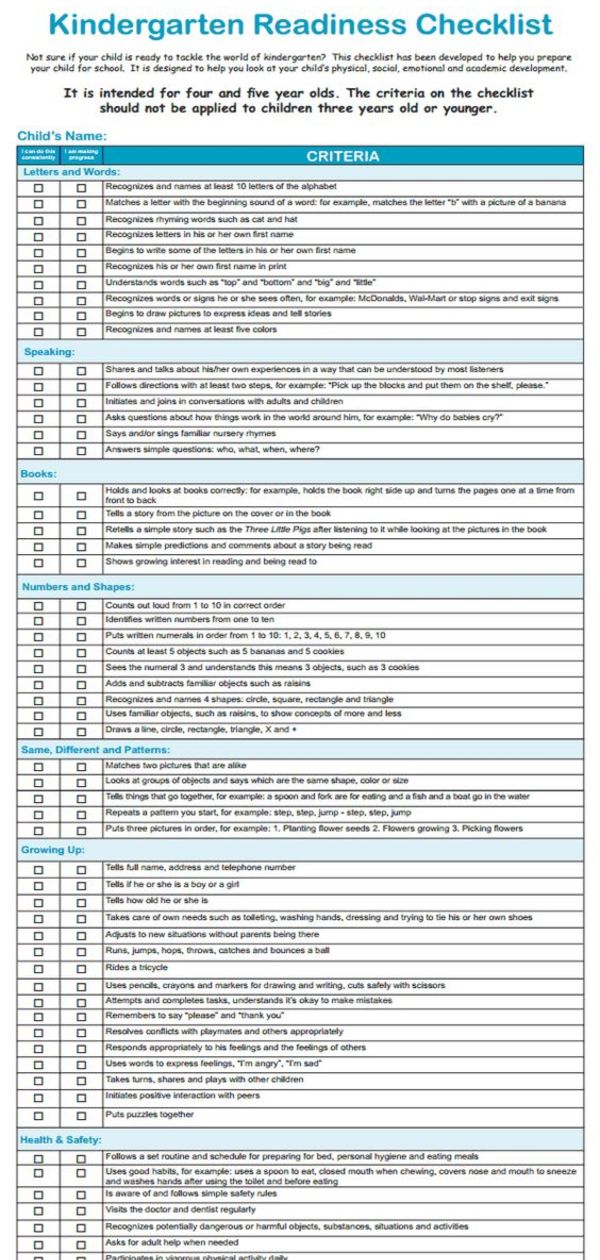
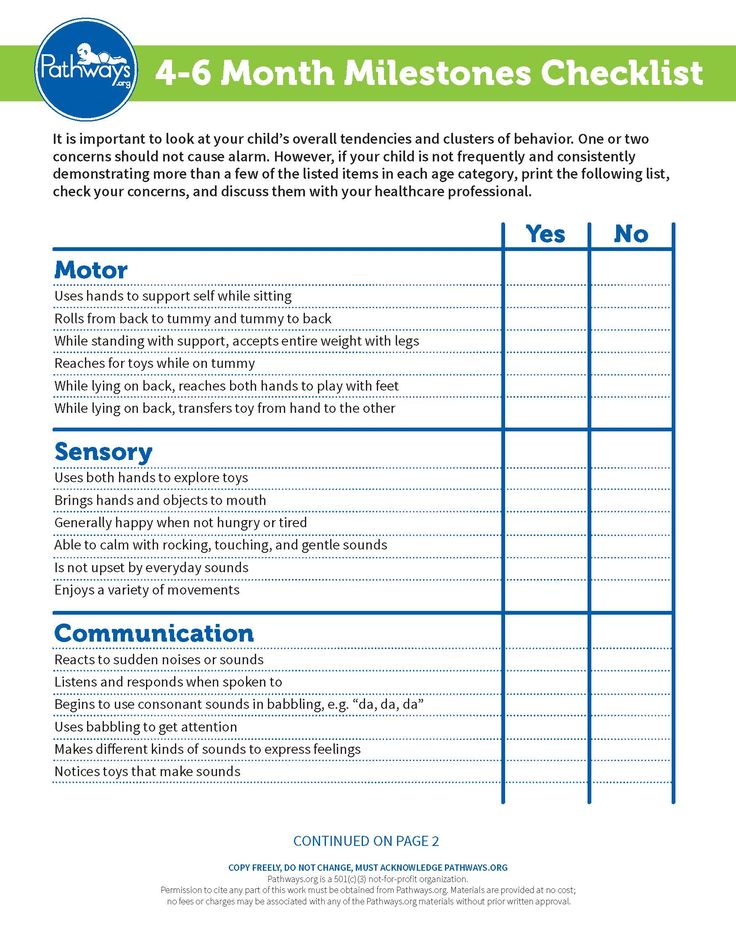 ).
). 9000 4. PARTICIPARY OF CITY WORKS IN METHODIC WORKS OF THE METHODIC WORKS.
| No. p/n | Date | Type of event | Web |
|
|
|
|
6. Participation in experimental work (conducting research, experimental and experimental work). Subject and description of experimental and research works.
7.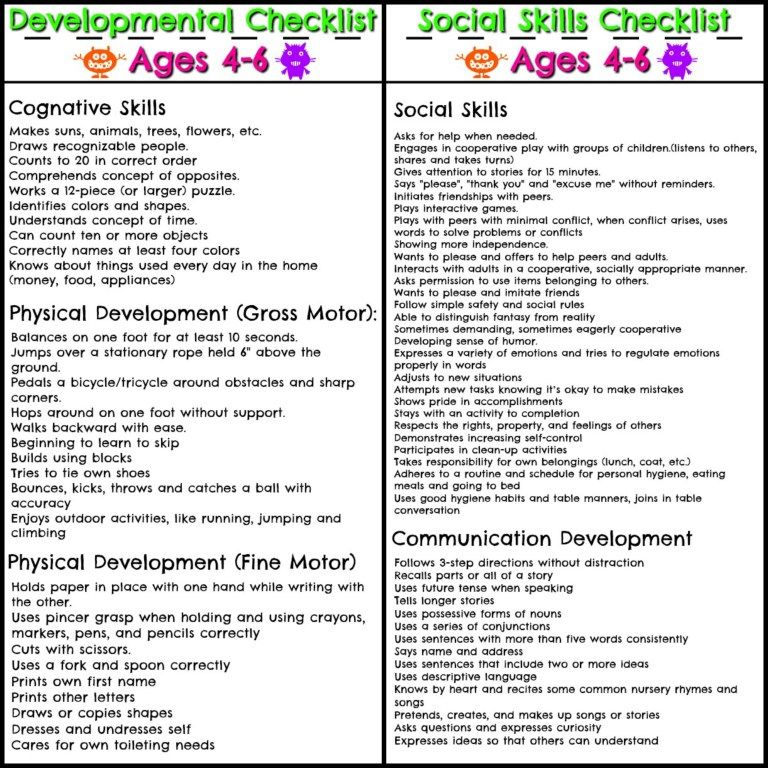 Author's developments.
Author's developments.
Topics and descriptions of creative and design works, titles of author's manuals, didactic games and manuals, visual aids made, didactic, diagnostic materials, etc.
Third section "Achievements".
- The effectiveness of pedagogical activity (the results of pedagogical diagnostics for sections of the program for 3 years, health index).
- Participation in professional and creative pedagogical competitions (copies of diplomas of various competitions).
- Preparation of pupils for participation in competitions (winners of competitions, competitions, etc.; copies of diplomas, certificates received by children).
- Reviews (reviews from children, colleagues, etc.)
- Awards, incentives.
- Variable part (methodological documents that testify to the professionalism of the teacher, documents at the discretion of the person being certified).
Criteria for assessing the attestation portfolio.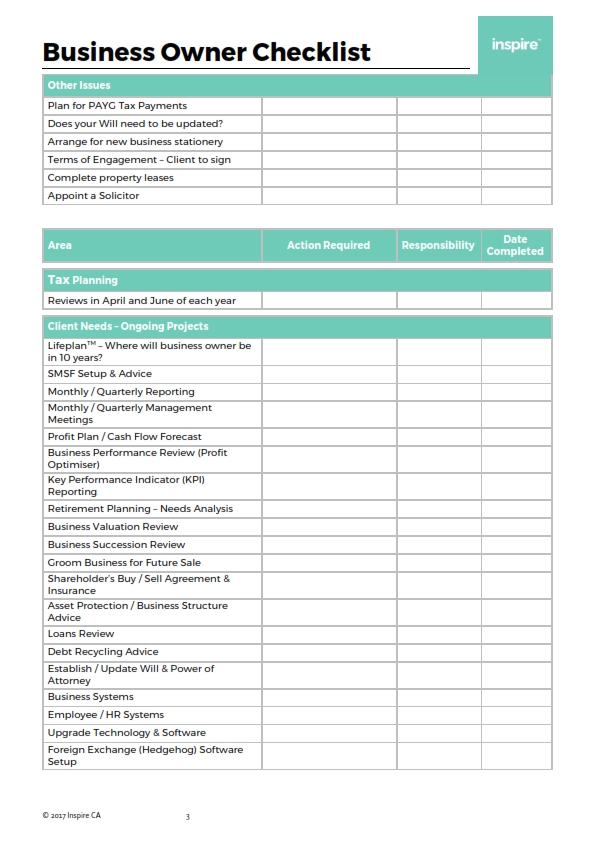
Learn more

